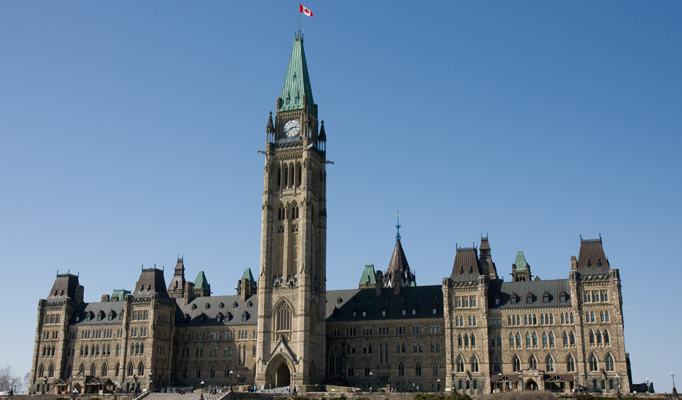
Canada is still not ready for Medical Assistance in Dying expanded legislation to cover those struggling with mental health issues alone, that decision is on pause for now. For a second time since the original 2016 ruling by the Superior Court of Quebec opened up the door to those whose death was not reasonably foreseeable, the outcry from Canadians and medical professionals has had an impact. New Health Minister Mark Holland and Justice Minister Arif Virani announced the intent, and this will no doubt create a hot button issue for the next government.
Over 45,000 people have received MAiD since 2016. Health Canada reports that 13,241 people accessed medically assisted deaths in 2022 alone. That is a 31.2% increase from the previous year. American Journalist and Yale professor David Brooks, cites similar hopelessness in his country. In his book, How to Know a Person, he cites that there has been a 30 percent increase in suicides and that 45 percent of teens claim to be despondent and hopeless most of the time. Original requests on this legislation considered MAiD access for those as young as 12.
To be clear, this is a pause for legislators who are claiming that they want to get the system right before moving ahead. Conversations with Canadians made a difference. The first pause lasted for two years and then on February 2, 2023, was further delayed to March 17, 2024. The Committee of 15 MPs and Senators filed their report after hearing dozens of witnesses. The opposition has been calling for an indefinite pause on expanded legislation and several provincial health ministries were also concerned about implementation. Three Senators wrote a dissenting opinion focusing on the possibility of discrimination against those struggling with mental illness.
A CBC article says that Michael Cooper, a Conservative MP and a member of the committee pushed for an indefinite pause due to the input from psychiatrists who thought it might be impossible for medical professionals to correctly decide whether a mental illness was definitely beyond treatment. “I don’t see any indication that the fundamental issues that are at the heart – or should be at the heart – of putting a pause on this expansion will be resolved,” he concluded.
Part of the issue had to do with whether there were enough psychiatrists to make clear assessments and enough practitioners to meet the expected flood of applicants. Holland agreed with the committee and said, “Although the guidelines are set, there has not been enough time for people to be trained on them. Provinces and territories are saying their systems are not ready and need more time.”
Dying with Dignity Canada released a media statement saying, “For the people across the country who live with treatment-resistant mental disorders who have patiently waited for this change in Canada’s MAID law, Dying with Dignity Canada is disheartened and shares the frustration of the continued exclusion, stigmatization and discrimination based on diagnosis,” the advocacy group said in a media statement.
The Canadian Association for Mental Health (CAMH) has welcomed the delay since they are concerned about the “significant lack of consensus on this issue. They are calling for “thoughtful and inclusive discussions to develop consensus definitions of irremediableness and separation of MAiD from suicidality.” Currently, for those with mental illness who wish to access MAiD, there must also be a ‘grievous and irremediable’ medical condition that is physical in nature.’
MAiD is available only for those who have health insurance, are at least 18 years of age and able to make their own decisions, have a grievous and irremediable medical condition, make a voluntary request free from outside pressure, and give informed consent after being informed of other treatments and care. Written requests precede assessment by two healthcare practitioners with final consent immediately before receiving the procedure. There must be at least 90 days between assessment and MAiD provision. A specialist in the condition causing suffering must be included on the assessment team.
The Evangelical Fellowship of Canada (EFC) states:
All human life is precious. Life is a gift from God for us to respect and protect through all its stages. Each person’s life has worth, regardless of their age or ability, because they are made in the image of God and loved by him. This belief in the sanctity of all human life compels us to completely oppose euthanasia and assisted suicide.
God calls us to care for those who are vulnerable, including those who are ill or near the end of life. The EFC supports palliative care as a compassionate response that supports and cares for those who are suffering or terminally ill. https://www.evangelicalfellowship.ca/euthanasia
Whether this comes up at the next election, it is sure to be a hotly debated topic for years to come.

Great article. I find it appalling that a young person, as young as 12 could opt for MAID. How many adolescents are able to make a choice based on life experience. similarly, a person with a mental illness are unable to make any kind of such a momentous decision. Our lives are a gift from the Lord. How can we mock this?